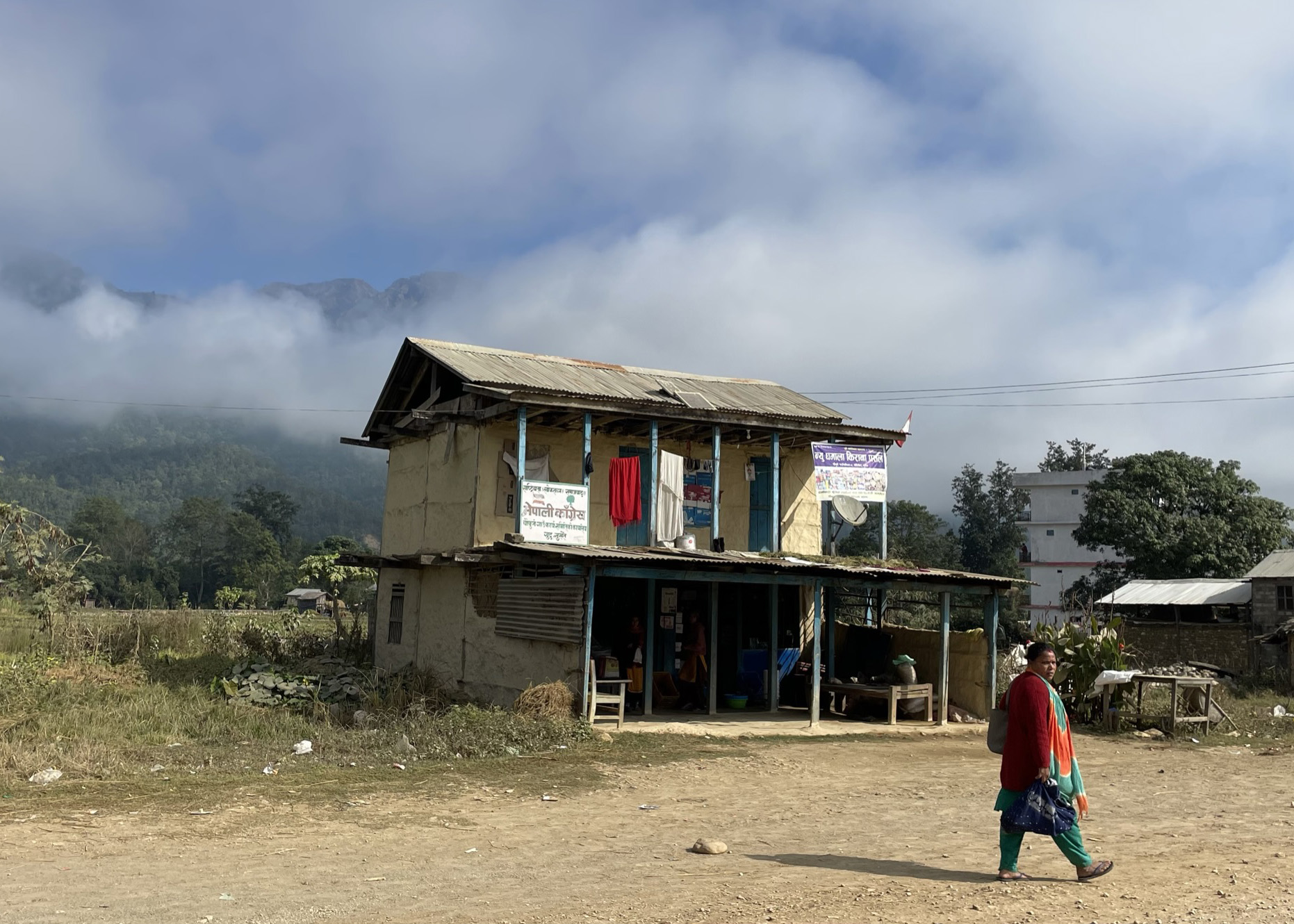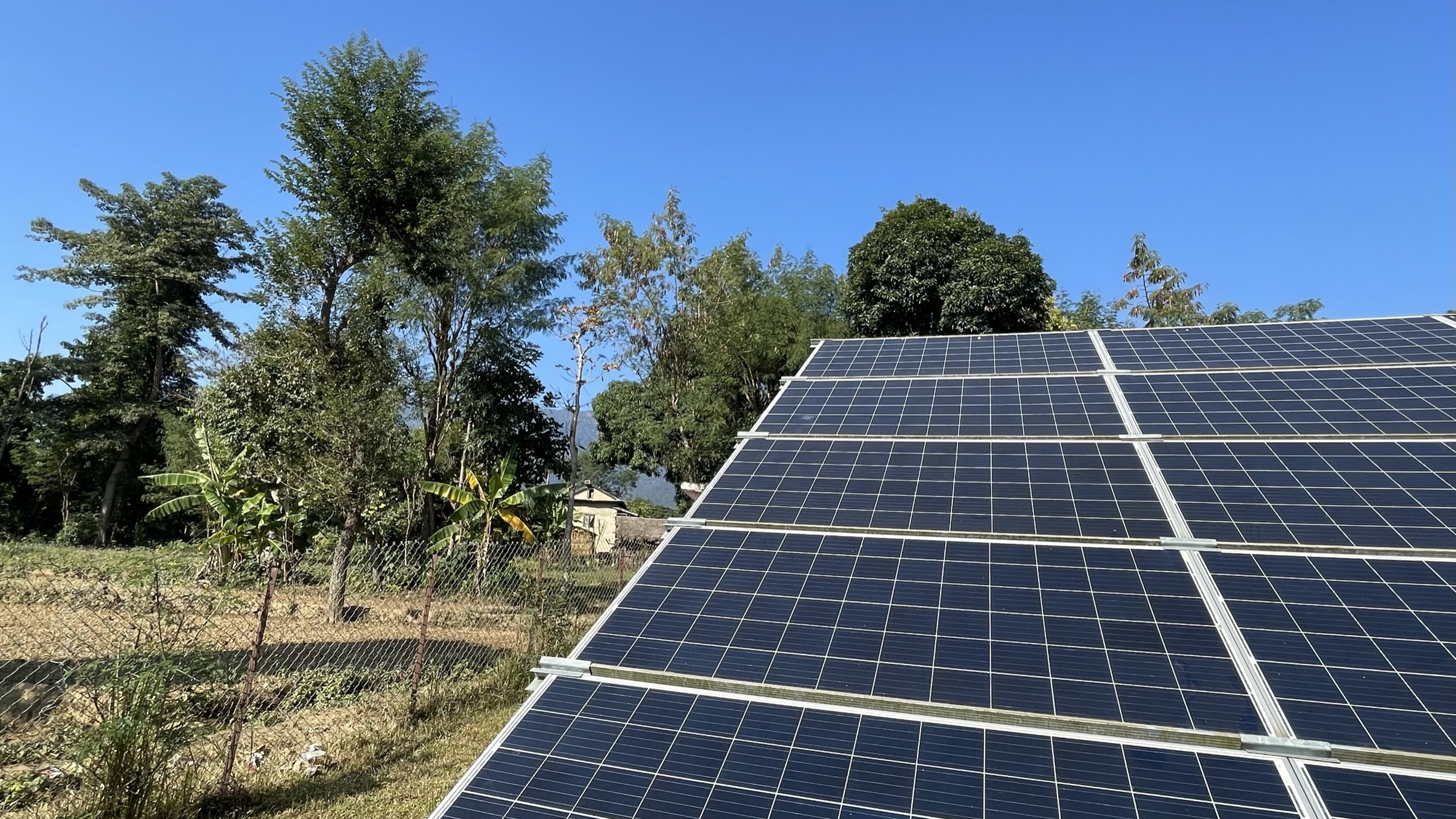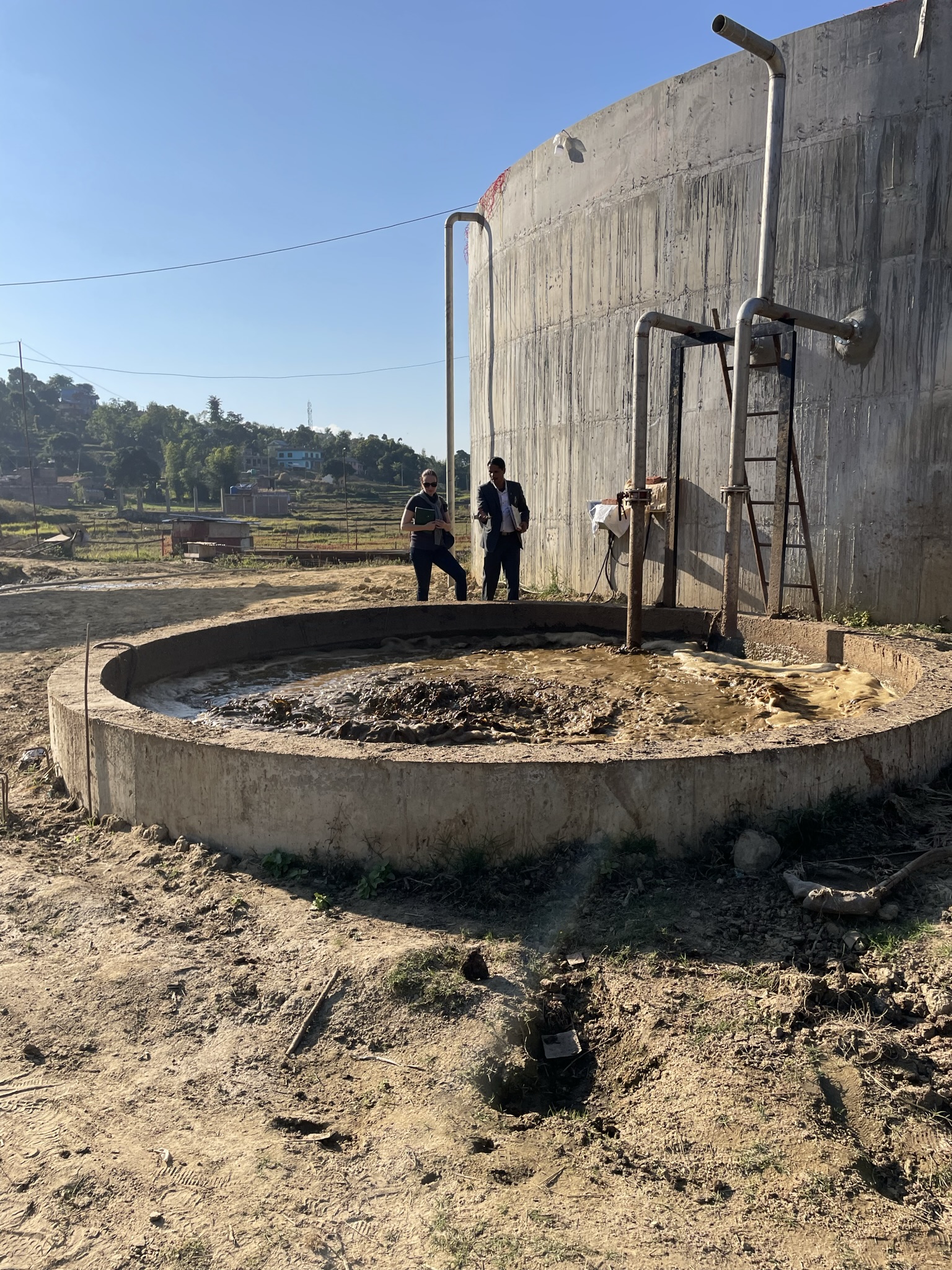
Nepal is facing an energy crisis of unprecedented proportions. The electricity generation capacity managed by Nepal Electricity Authority (NEA) is insufficient to meet demand, leading to frequent power outages. Though the government has been highly effective in expanding energy access – from 28% in 2000 to 69% in 2010 and 94% in 2020 – around 1.7 million Nepalis still do not have access to modern energy, and over 73.5% of the population relies on traditional biomass for cooking (as of 2019).
Addressing the energy crisis by accelerating the deployment of modern renewable energy solutions, both on- and off-grid, is a high priority for the Government of Nepal, as the country aims to achieve universal electrification by 2030. Many communities that remain off the grid are in remote, mountainous areas where small-scale clean energy generation is the only viable solution for electrification.
However, the universal access goal cannot be reached with public and donor funding alone, and the government aims to help the energy sector access new sources of financing through a shift from ‘aid to trade’ and from ‘subsidy to credit’.





